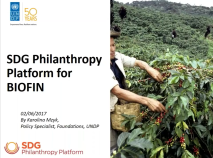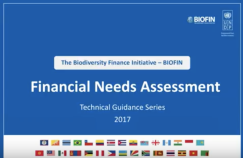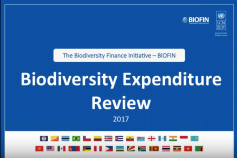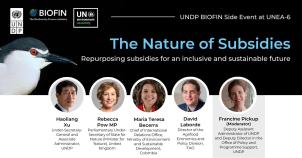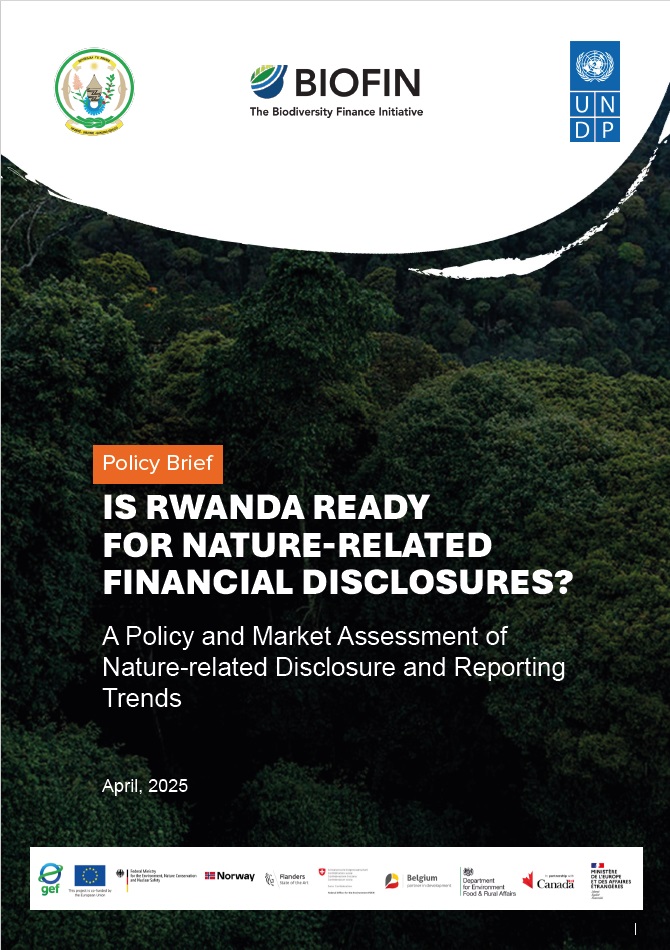
As the global community intensifies efforts to address the twin crises of climate change and biodiversity loss, the integration of nature into financial decision-making has become an urgent priority. The Taskforce on Nature-related Financial Disclosures (TNFD) offers a transformative framework to help countries and companies identify, assess, and disclose nature-related risks and opportunities. Rwanda, a nation globally recognized for its environmental leadership and green growth ambitions, is now taking bold steps to align its financial systems with this emerging global standard.
This policy brief, titled “Is Rwanda Ready for Nature-Related Financial Disclosures?”, provides a comprehensive assessment of the country’s readiness to adopt and implement TNFD-aligned reporting. It explores the institutional, regulatory, and market foundations that are already in place, while identifying critical gaps and opportunities for action.
Rwanda’s economy is deeply intertwined with nature. Over 70% of the population depends on agriculture, and key sectors such as tourism, energy, and water management rely heavily on healthy ecosystems. Yet, the country faces escalating nature-related risks—from land degradation and water stress to biodiversity loss—driven by climate change and unsustainable land use. Recognizing these challenges, Rwanda has made significant progress in valuing its natural capital through initiatives like Natural Capital Accounting (NCA), the Rwanda Green Taxonomy, and the Biodiversity Expenditure Review.
The brief highlights Rwanda’s robust legal and policy architecture, including the leadership of the National Bank of Rwanda (BNR) and the Capital Market Authority (CMA) in embedding sustainability into financial regulation. New guidelines aligned with IFRS S1 and S2 are paving the way for mandatory sustainability disclosures, while institutions like rwanda Environmental Managemnet Authority (REMA), rwanda Green Fund (RGF), and ICPAR are supporting implementation through technical expertise and capacity-building.
However, the transition to nature-related financial disclosure is still in its early stages. Most financial institutions do not yet assess biodiversity risks or use nature-based metrics in investment decisions. Data systems remain fragmented, and market awareness of TNFD principles is limited. To address these challenges, the brief proposes a phased roadmap grounded in international best practices, emphasizing institutional coordination, regulatory reform, data infrastructure, and stakeholder engagement.
This policy brief is both a diagnostic and a call to action. It underscores Rwanda’s potential to become a regional leader in nature-positive finance, provided it accelerates the institutionalization of nature-related risk management. With strong political will, a growing green finance ecosystem, and support from global partners like UNDP BIOFIN, Rwanda is well-positioned to align its financial systems with the needs of a sustainable, resilient future.
We invite policymakers, financial institutions, development partners, and civil society to engage with the findings and recommendations of this brief. Together, we can ensure that nature is not only protected but also valued as a cornerstone of Rwanda’s economic development.
